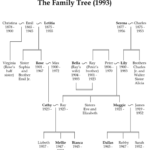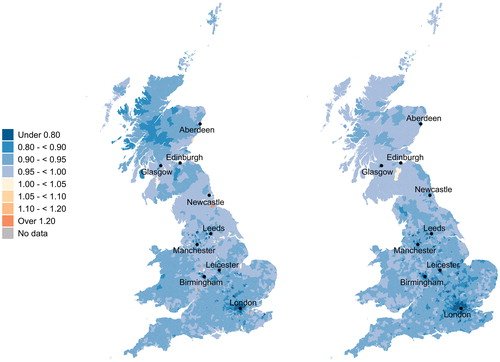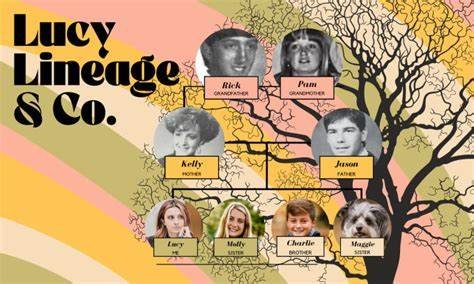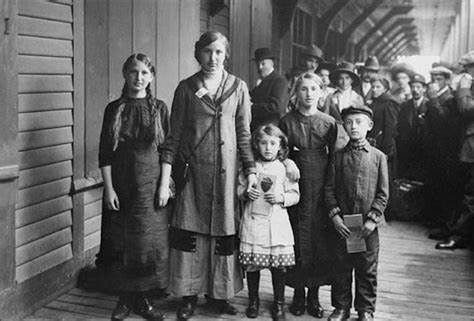When you begin exploring your family history, one of the most important aspects is understanding the origins of your family name. There are many top regional studies on family names that focus on specific areas, helping you uncover the story behind your surname. These studies are valuable tools in genealogy, as they offer insights into where your ancestors came from and how their names evolved. In this blog post, we’ll look at some of the top regional studies on family names and how they can aid you in your family research.
1. Regional Studies of Family Names in Europe
Europe has a rich history of surname development, and many top regional studies on family names focus on different parts of the continent. For example, in countries like England, Scotland, and Ireland, surnames often originated from occupations, locations, or personal characteristics. Regional studies in these areas help trace the roots of many common European surnames.
In England, surnames such as Smith, Baker, and Taylor were common and often linked to jobs. These regional studies provide information on how these names became widespread. For example, a study of English surnames might trace the origins of the name Smith and show that it originally referred to blacksmiths or metalworkers in certain regions.
Similarly, in Scotland and Ireland, regional studies highlight how surnames like McDonald or O’Brien have strong regional ties, often reflecting the person’s family heritage or geographical area. Regional studies in these regions can help you understand the evolution of your family name and how it ties to local customs or clans.
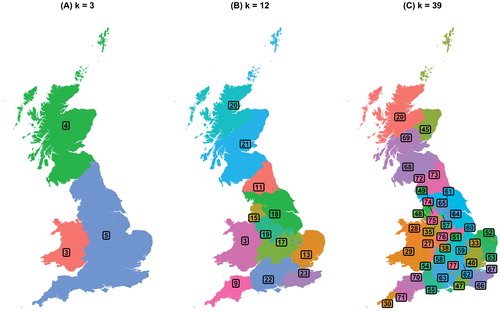
2. Top Regional Studies on Family Names in the United States
The United States is another country where regional studies on family names play a key role. Many Americans trace their family roots to European immigrants, and understanding the regional studies on family names can reveal where their ancestors came from. These studies are especially important in understanding how immigrant names were altered or adapted once they arrived in America.
For instance, a study of German surnames in Pennsylvania would show how many immigrants changed their names to blend in better with American culture. Regional studies in areas with large immigrant populations, such as New York, Chicago, and San Francisco, can reveal how different nationalities influenced American surnames over time.
By studying these regions, you can also uncover the regional distribution of certain names and learn about the history of your ancestors’ migration patterns. Many regional studies on family names in the United States also explore how cultural shifts impacted the spelling and pronunciation of surnames.
3. Regional Studies on Family Names in Latin America
In Latin America, surnames also have a deep connection to family heritage, and many regions have their own distinctive naming traditions. A popular trend in Latin American family names is the use of both maternal and paternal surnames, something unique to many Spanish-speaking countries.
The study of regional family names in Mexico, Argentina, or Colombia reveals how these naming conventions developed and how they relate to the family’s social and cultural identity. For example, many top regional studies on family names in Mexico focus on surnames like González, Rodríguez, and Martínez, exploring how these names are linked to specific regions or historical figures.
Studies in Brazil also explore the impact of Portuguese colonialism and how certain regional variations of family names developed in different parts of the country. These studies are valuable when researching your family name’s connection to Latin American history, culture, and geography.
4. Regional Studies of Family Names in Asia
Asia is a continent with diverse cultures and languages, and regional studies on family names provide insight into the rich naming traditions across the region. In China, Japan, and India, family names often hold significant cultural and historical importance.
In China, for example, family names are passed down from one generation to the next, with studies revealing that many surnames, such as Li, Wang, or Zhang, have ancient origins tied to regions or dynasties. Regional studies on Chinese family names can tell you about the history of specific surnames and their connection to regions, clans, or geographic locations.
Similarly, in Japan, family names are often tied to the country’s rural areas or specific regions, with many surnames rooted in the geography of places such as Kyoto or Tokyo. Top regional studies on family names in Japan help trace the link between names and regions, shedding light on how these names were chosen to reflect local landscapes or historical events.
In India, family names are also deeply connected to caste, religion, and region. Regional studies in Tamil Nadu, Punjab, or Maharashtra explore how family names vary by region and what they reveal about the community’s history, practices, and social structures.
5. Regional Studies of Family Names in Africa
In Africa, family names carry great significance, and regional studies on these names help us understand the cultural and linguistic diversity of the continent. Many African family names are tied to ethnic groups, regions, and languages. For example, Nigerian family names often reflect ethnic identity, with names such as Oluwaseun or Adebola indicating cultural heritage and regional roots.
Regional studies in countries like Nigeria, Kenya, or South Africa help to trace how family names have evolved over time. These studies also reveal how colonialism, migration, and local traditions have influenced family name structures and their meanings.
Conclusion
Researching top regional studies on family names is an exciting and rewarding process that helps you trace your family’s history and understand its roots in different parts of the world. Whether you’re exploring family names in Europe, Latin America, Asia, or Africa, these studies provide valuable insights into your ancestors’ lives. By understanding the regional origins and evolution of family names, you can uncover fascinating stories about your family’s past and learn how naming traditions have been passed down through generations.




